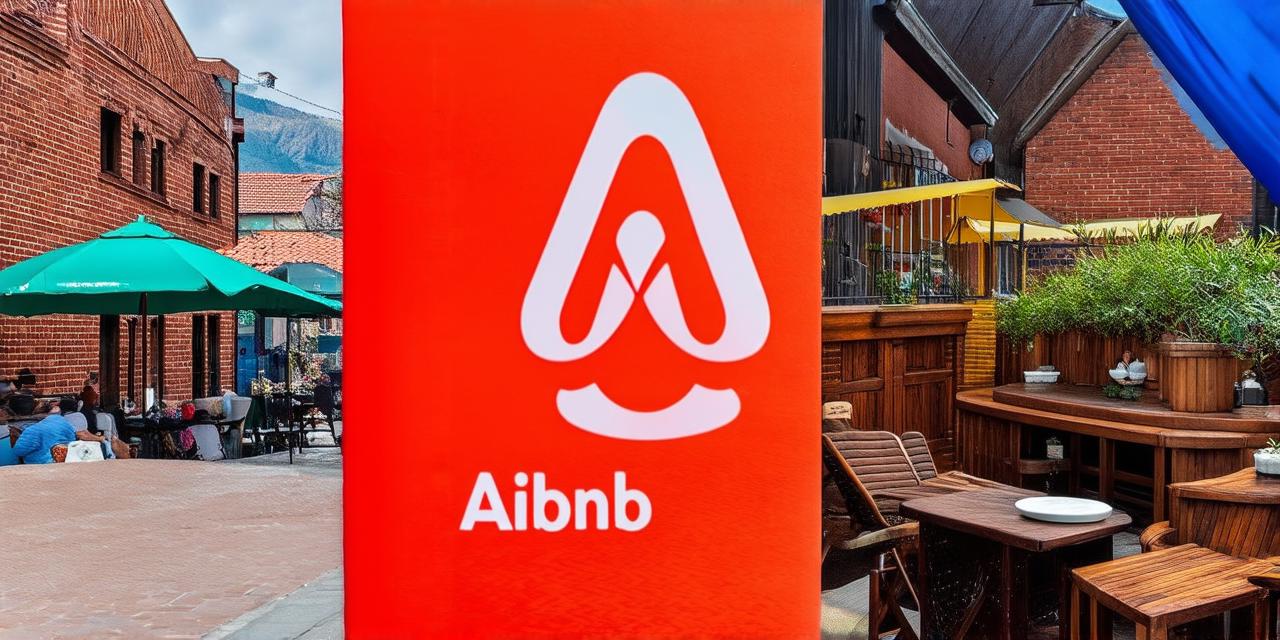Airbnb, the popular vacation rental marketplace, has been providing an excellent opportunity for individuals and businesses to earn money by renting out their properties to travelers from around the world. If you’re a hosting developer, you might be wondering whether it’s profitable to host on Airbnb. In this comprehensive guide, we will explore the pros and cons of hosting on Airbnb, analyze real-life examples, and provide expert insights to help you make an informed decision.
Introduction

Airbnb is a global phenomenon that has revolutionized the way people travel and experience different cultures. With over 7 million listings in more than 100,000 cities worldwide, Airbnb offers a unique opportunity for property owners to earn extra income by renting out their homes or apartments to travelers. However, hosting on Airbnb requires careful planning, management, and marketing skills to be successful.
Pros of Hosting on Airbnb
Earn Extra Income
One of the main reasons why people host on Airbnb is to earn extra income. According to a study by HVS Global Hospitality Services, Airbnb hosts earn an average of $9,348 per year in rental income. However, this amount can vary depending on factors such as location, property type, and occupancy rate. By renting out your property on Airbnb, you have the flexibility to choose your own rates, which can help you maximize your earnings.
Meeting New People
Hosting on Airbnb allows you to meet new people from different cultures and backgrounds. When guests stay at your property, they often want to learn about the local area and culture. This presents an excellent opportunity for you to share your knowledge and experiences with them, which can lead to lasting friendships and positive reviews.
Building a Reputation
Hosting on Airbnb allows you to build a reputation as a reliable and hospitable host. By providing excellent service, cleanliness, and communication, you can attract repeat guests and positive reviews, which can help you stand out from other hosts in your area. A good reputation can also lead to more bookings and higher rental rates.
Flexibility
Hosting on Airbnb provides flexibility in terms of when and how often you rent out your property. You can choose to rent out your property on a full-time or part-time basis, depending on your availability and needs. Additionally, you have the flexibility to adjust your rates and availability at any time, which can help you optimize your earnings.
Cons of Hosting on Airbnb
Responsibility
Hosting on Airbnb requires a lot of responsibility, including managing bookings, cleaning and maintaining the property, and communicating with guests. You will need to be available to address any issues that may arise during the guest’s stay, which can be time-consuming and stressful.
Legal Issues
Hosting on Airbnb can also come with legal issues, such as complying with local regulations and taxes. You will need to research and comply with all applicable laws and regulations in your area, which can be complex and time-consuming. Failure to comply can result in fines or legal action.
Competition
The vacation rental market is highly competitive, and there may be other hosts in your area who are offering similar properties at lower rates. This can make it challenging for you to attract guests and stand out from the competition.
Case Studies: Successful Airbnb Hosting Developers
Sarah’s Story
Sarah is a successful Airbnb host in San Francisco, California. She has been renting out her two-bedroom apartment on Airbnb for three years and earns an average of $20,000 per year in rental income.



